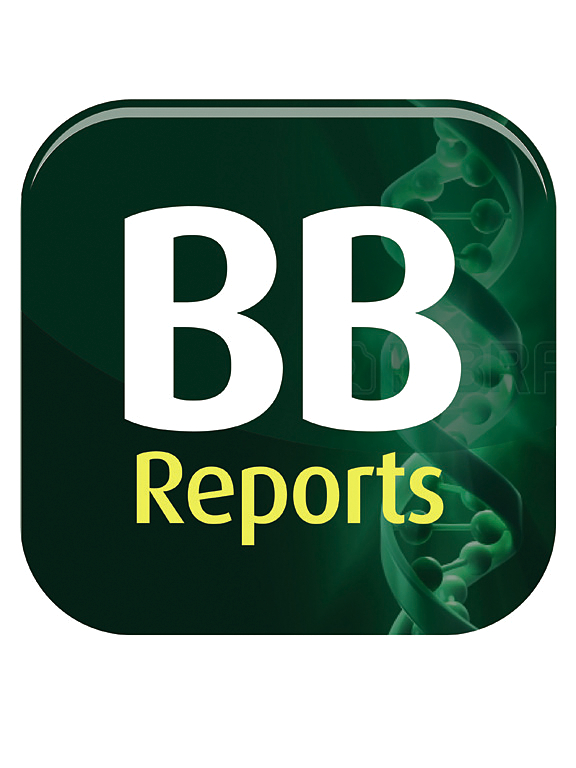An exogenous encoding sequence based on DNA data storage technology and its application in assisted reproductive technology
IF 2.3
Q3 BIOCHEMISTRY & MOLECULAR BIOLOGY
引用次数: 0
Abstract
Safety and ethical issues are the primary concerns for assisted reproductive technology (ART). However, confusion and contamination of samples are common problems in embryo laboratories, preimplantation genetic test (PGT) laboratories, and third-party medical testing laboratories due to large sample numbers and complex procedures. Once these problems occur, they are often difficult to trace, posing risks and ethical challenges to hospital reproductive centers, third-party medical testing laboratories, and patient families. Therefore, it is necessary to establish an effective and feasible tracing system to ensure sample safety. In this study, we designed an exogenous encoding sequence (EES) based on DNA data storage technology, which provide a unique identification code for each in vitro cultured embryo, effectively avoiding potential risks and ethical problems caused by sample confusion and contamination. This exogenous encoding sequence is a DNA molecule that is non-toxic and structurally stable. We verified that a small amount of exogenous encoding sequence (6∗109 copies/uL) can be amplified together with embryo biopsy cells and detected by various sequencing methods without affecting copy number variants (CNVs). Furthermore, if there is contamination from other samples at a proportion of more than 5 %, it can also be identified through the encoding information of the exogenous encoding sequence. Our study proves that the exogenous encoding sequence designed based on DNA data storage technology is effective and reliable, and can be applied in hospital reproductive centers and third-party medical testing laboratories to improve the safety of in vitro cultured embryos and avoid potential ethical problems in the future.
求助全文
约1分钟内获得全文
求助全文
来源期刊

Biochemistry and Biophysics Reports
Biochemistry, Genetics and Molecular Biology-Biophysics
CiteScore
4.60
自引率
0.00%
发文量
191
审稿时长
59 days
期刊介绍:
Open access, online only, peer-reviewed international journal in the Life Sciences, established in 2014 Biochemistry and Biophysics Reports (BB Reports) publishes original research in all aspects of Biochemistry, Biophysics and related areas like Molecular and Cell Biology. BB Reports welcomes solid though more preliminary, descriptive and small scale results if they have the potential to stimulate and/or contribute to future research, leading to new insights or hypothesis. Primary criteria for acceptance is that the work is original, scientifically and technically sound and provides valuable knowledge to life sciences research. We strongly believe all results deserve to be published and documented for the advancement of science. BB Reports specifically appreciates receiving reports on: Negative results, Replication studies, Reanalysis of previous datasets.
 求助内容:
求助内容: 应助结果提醒方式:
应助结果提醒方式:


